Services
Home - Services
Free Services at Saraswati Hospital
Outpatient Department (OPD) services are provided every Saturday at no charge. This initiative ensures that individuals who cannot afford regular consultations or those who miss appointments during the week still have the opportunity to access medical care. During these OPD sessions, patients can consult with experienced doctors who will provide diagnoses, medical advice, and treatment plans, helping them manage chronic conditions, receive preventive care, or address any immediate health concerns. This is especially beneficial for people who do not have health insurance or cannot afford the fees for regular medical consultations.
The Pandit Deen Dayal Upadhyay Scheme is a government initiative aimed at providing free healthcare services to underprivileged sections of society. Eligible individuals who fall under the specified income or social categories can access medical treatment free of charge. This includes necessary procedures, surgeries, and hospitalization costs, ensuring that those who cannot afford private healthcare can still receive the treatment they need. This scheme is vital for improving the health outcomes of vulnerable communities by reducing financial barriers to medical care. This scheme ensures that individuals can access both general and critical medical care at no cost, along with additional benefits like private room accommodations.
- Under this scheme, hospitals provide free-of-cost treatment for all problems (general problems, serious problems), the same as covered under the Ayushman Bharat Scheme.
- Including the facility of private rooms.
Saraswati Hospital offers free ultrasound services for pregnant women to monitor the health and development of both the mother and the baby. Regular ultrasounds during pregnancy are essential for detecting any complications, ensuring that the baby’s growth is on track, and providing early warning signs of potential health issues such as fetal distress or abnormalities. These services are particularly beneficial for women who may not have the financial means to pay for diagnostic services. Free ultrasounds contribute to safer pregnancies and healthier outcomes for both mother and child.
- All pregnant females can get a QR code from nearby government facilities on the following dates of each month: 1, 9, 16, and 24.
- After getting the QR code, pregnant women can come to the hospital between 10 AM to 4 PM daily (except Sunday) for ultrasound.
Saraswati Hospital is empanelled under the Ayushman Bharat Yojna, a flagship health insurance scheme launched by the Indian government. Under this program, eligible individuals (especially from economically disadvantaged backgrounds) are entitled to free treatment, including medical procedures, surgeries, and hospitalization. Ayushman Bharat Yojna covers a wide range of health services, including specialized treatments and critical care, ensuring that beneficiaries have access to comprehensive healthcare without the burden of expensive medical costs. This initiative is pivotal in making healthcare more inclusive, especially for rural and marginalized populations.
- Free all types of cancer surgery, free all types of chemotherapy.
- Hernioplasty with mesh (open/laparoscopic), hydrocele operation, appendix removal operation (open/laparoscopic), gall bladder stone removal (open/laparoscopic), any type of swelling removal, hemorrhoid removal (piles surgery), hydatid cyst removal, breast lump removal.
- Chronic backache, chronic shoulder pain, post-operative rehabilitation.
TPA Services at Saraswati Hospital
Saraswati Hospital is committed to providing accessible healthcare services through Third Party Administrator (TPA) partnerships. Our TPA services ensure that patients with specific insurance cards can avail themselves of cashless treatments, making healthcare simpler and more affordable.
Partner Companies: Saraswati Hospital collaborates with various reputable insurance providers, including:
- NIVA BUPA
- VOLO HEALTH
Benefits of TPA Services:
- Cashless Treatment: Eligible patients can receive treatment without upfront payment, allowing for easier access to necessary medical care.
- Comfortable Facilities: Patients benefit from amenities such as:
- AC private rooms for enhanced comfort during their stay.
- A wide range of treatment options available for all cardholders.
Cancer Prevention Vaccine
Cancer prevention vaccines are vaccines designed to help prevent certain types of cancer that are caused by viruses or infections. These vaccines work by stimulating the immune system to protect the body from these specific viruses, which are known to increase the risk of developing cancer.
- The vaccine is recommended for both girls and boys.
- The vaccine helps prevent against anogenital cancers, enhancing awareness and preventive measures for such health issues.
Age for Vaccination – 9 years and above
Dose Schedule
- 9–15 years: 2 doses
- 15–26 years: 3 doses
Benefits In Girls
Protection against cervical cancer, vaginal cancer, vulval cancer, and anogenital warts.
Benefits In Boys
Protection against anogenital cancer and anogenital warts.

Complete Medical Oncology Treatment

Blood Cancer
This includes cancers like leukemia, lymphoma, and myeloma that affect the blood, bone marrow, or lymphatic system.
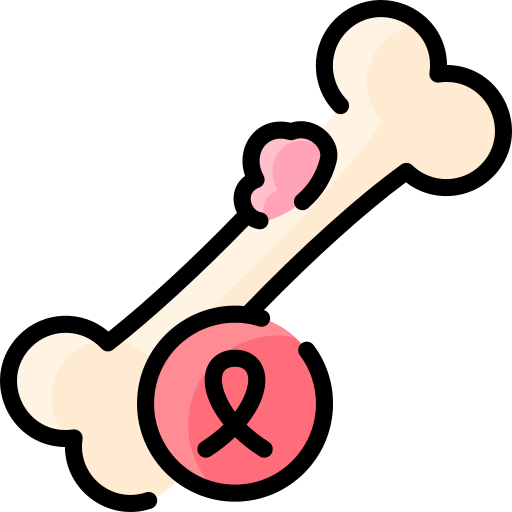
Bone Cancer
For cancers originating in or spreading to bones, medical oncology focuses on systemic therapies like chemotherapy or targeted therapy to control tumor growth and relieve pain.

Lung Cancer
Advanced or inoperable lung cancers are treated with chemotherapy, immunotherapy, or targeted therapy to shrink tumors and improve survival.
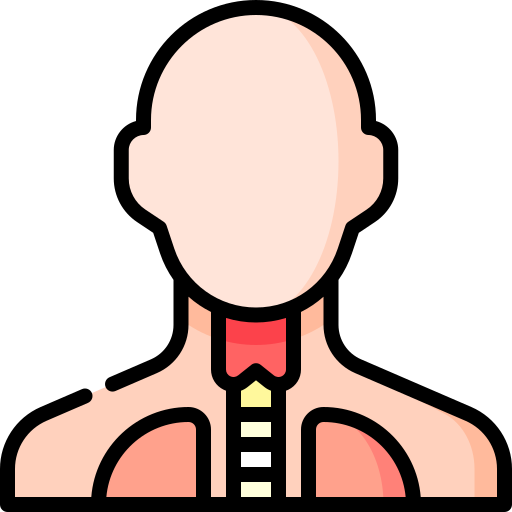
Larynx Cancer
When surgery is not an option, medical treatments like radiation therapy combined with chemotherapy can preserve voice function and manage the disease.

All Cancers Where Surgery Cannot Be Done
In cases where tumors are inoperable due to location, spread, or patient condition, medical oncology treatments are the primary method to control cancer progression, alleviate symptoms, and enhance quality of life.
Inpatient Department (IPD)
At Saraswati Hospital and Cancer Centre, our IPD services are designed to provide patients with comprehensive and personalized care during their stay with us. Equipped with state-of-the-art facilities and managed by a team of experienced healthcare professionals, we ensure a seamless and comfortable recovery experience for all our inpatients.

Oral Cancer
_____________
Cancer that develops in the mouth, including the lips, tongue, gums, and inner cheeks, often linked to tobacco and alcohol use.
Oral cancer
Oral cancer develops in various parts of the mouth, including the lips, tongue, gums, inner cheeks, and the floor or roof of the mouth. Common risk factors include tobacco use smoking, heavy alcohol consumption, HPV infection, and prolonged sun exposure.

Breast Cancer
_____________
A common cancer in women (and sometimes men) where abnormal cells grow in the breast tissue, often detected through lumps or mammograms.
Breast cancer
Breast cancer originates in the breast tissue and is one of the most common cancers in women, although men can also develop it. Risk factors include genetic mutations (like BRCA1 and BRCA2), a family history of breast cancer, obesity, hormone replacement therapy, and late menopause.
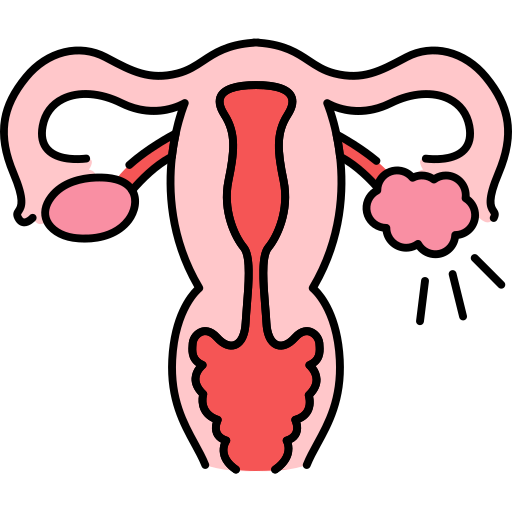
Ovarian Cancer
_____________
Cancer that begins in the ovaries, typically affecting women post-menopause, causing abdominal bloating and pelvic pain.
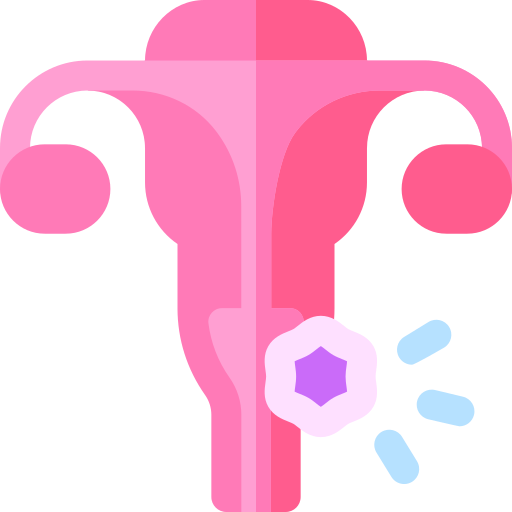
Uterine Cancer
_____________
Also called endometrial cancer, it starts in the lining of the uterus and may present with abnormal vaginal bleeding.

Soft Tissue Sarcoma
_____________
A rare cancer that develops in soft tissues like muscles, fat, or blood vessels, often presenting as painless lumps.

Bone Cancer
_____________
ancer originating in the bones, causing pain, swelling, and fractures, often seen in children and young adults.

Thyroid Cancer
_____________
A cancer of the thyroid gland, leading to neck lumps, voice changes, and difficulty swallowing.
Thyroid Cancer
Thyroid cancer develops in the thyroid gland located at the base of the neck. Risk factors include radiation exposure, family history of thyroid disease, and certain genetic mutations. Symptoms may include a lump in the neck, hoarseness, difficulty swallowing, and swelling in the neck.

Kidney Cancer
_____________
Cancer that starts in the kidneys, typically presenting with blood in the urine, lower back pain, and fatigue.

Liver Cancer
_____________
Cancer affecting the liver, often linked to hepatitis infections or liver cirrhosis, with symptoms like jaundice and weight loss.
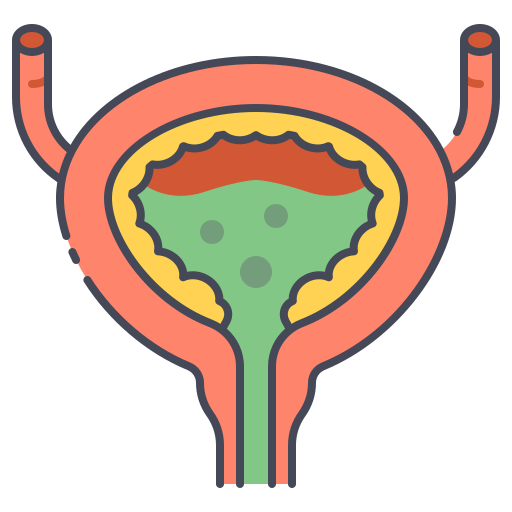
Gallbladder cancer
_____________
A rare but aggressive cancer in the gall bladder, presenting late with symptoms like jaundice and abdominal pain.

Prostate Cancer
_____________
A common cancer in men, often affecting the prostate gland, causing urinary symptoms and sometimes spreading to bones.
Prostate Cancer
Prostate cancer is one of the most common cancers in men, developing in the prostate gland. Risk factors include age (commonly affecting older men), family history, and certain genetic mutations. Symptoms may include urinary difficulties, blood in the urine, pelvic pain, and, in advanced stages, bone pain.
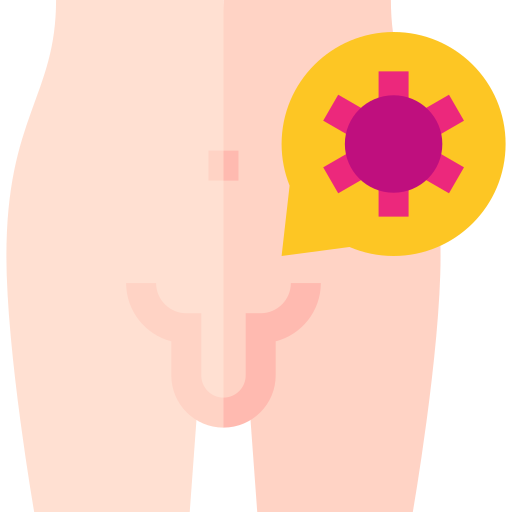
Penile cancer
_____________
A rare cancer that affects the skin and tissues of the penis, often linked to HPV infections and poor hygiene.
